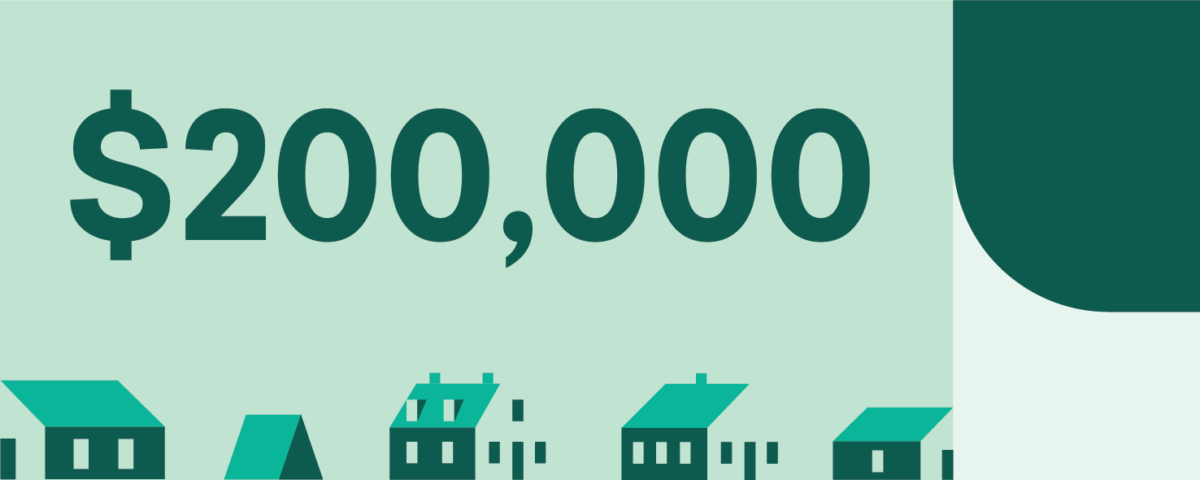Marketer Disclosure Many or all of the products featured here are from our partners who compensate us. This might influence which items we write about and where and how the product appears on a page. Nevertheless, this does not influence our examinations. Our viewpoints are timeshare cost our own. After retirement, without regular earnings, you may sometimes fight with financial resources.
A reverse mortgage is a home mortgage that enables house owners 62 and older to withdraw some of their home equity and transform it into money. You don't need to pay taxes on the proceeds or make month-to-month home loan payments. You can use reverse mortgage proceeds nevertheless you like. They're typically earmarked for expenses such as: Financial obligation combination Living costs Home improvements Helping children with college Buying another house that may much better meet your requirements as you age A reverse mortgage is the opposite of a standard house loan; rather of paying a lender a month-to-month payment monthly, the lending institution pays you. Helpful resources You should participate in counseling, a "customer information session" with a HUD-approved counselor, before your HECM loan can be moneyed. This guideline is meant to ensure that you understand the cost and consequences of getting this type of loan. Therapists work for independent organizations. These courses are offered at a low expense and sometimes they're even complimentary.
For most borrowers, this implies paying off your remaining mortgage financial obligation with part of your reverse mortgage. This is easiest to accomplish if you have at least 50% equity or so in your house. You have a few options, but the most basic is to take all the cash at once in a swelling sum. who took over taylor bean and whitaker mortgages.
You can also pick to receive regular routine payments, such as once a month. These payments are referred to as "period payments" when they last for your whole life time, or "term payments" when you get them for just a set duration of time, such as ten years. It's possible to secure more equity than you and your lending institution anticipated if you go with tenure payments and live a remarkably long life.
This allows you to draw funds only if and when you need them. The advantage of a line-of-credit approach is that you only pay interest on the money you've in fact obtained. You can also utilize a combination of payment options. For instance, you might take a little lump sum upfront and keep a credit line for later on.
For instance, the home will go on the marketplace after your death, and your estate will get money when it offers. That cash that needs to then be used to pay off the loan. The full loan quantity comes due, even if the loan balance is greater than the home's worth, if your heirs choose they wish to keep the home.
Some Known Questions About What Are The Interest Rates For Mortgages.
Lots of reverse home loans consist of a stipulation that does not allow the loan balance to surpass the worth of the home's equity, although market changes might still result in less equity than when you took out the loan. It's possible that your estate might offer adequate other possessions to allow your beneficiaries to pay off the reverse mortgage at your death by liquidating them, but they might otherwise not be able to get approved for a routine mortgage to pay off the debt and keep the family house.
You'll pay numerous of the very same closing costs required for a standard house purchase or re-finance, but these costs can be greater. Charges reduce the quantity of equity left in your house, which leaves less for your estate or for you if you choose to sell the home and settle the mortgage.
Charges are frequently financed, or developed into your loan. You do not compose a check for them at closing so you might not feel these costs, but you're still paying them regardless. You should have your home assessed, contributing to your costs. The lending institution will want to make sure that your home in great shape prior to writing the loan.

A reverse home loan lets older house owners use their house's equity for a swelling amount payment, regular payments, or in the kind of a line of credit. Reverse home mortgages don't need to be paid back up until the house owner dies or moves out of the residence. Remains in care facilities for less than a year are all right.
Interest accumulates over the life of the timeshare get out loan, so the amount necessary to settle the mortgage will nearly definitely be substantially more than the initial loan profits - what are interest rates now for mortgages.

A reverse home mortgage is a way for property owners ages 62 and older to utilize the equity in their home. With a reverse home loan, a property owner who owns their home outright or a minimum of has substantial equity to draw from can withdraw a portion of their equity without needing to repay it until they leave the house.
What Is A Min Number For Mortgages - Questions
Here's how reverse home loans work, and what homeowners considering one requirement to understand. A reverse home mortgage is a type of loan that allows property owners ages 62 and older, usually who have actually paid off their home loan, to borrow part of their house's equity as tax-free earnings. Unlike a routine mortgage in which the homeowner pays to the loan provider, with a reverse mortgage, the lender pays the property owner (how to qualify for two mortgages).
Among the most popular kinds of reverse home loans is the Home Equity Conversion Home Loan (HECM), which is backed by the federal government. Regardless of the reverse mortgage concept in practice, qualified property owners may not be able to obtain the whole value of their home even if the home mortgage is settled.